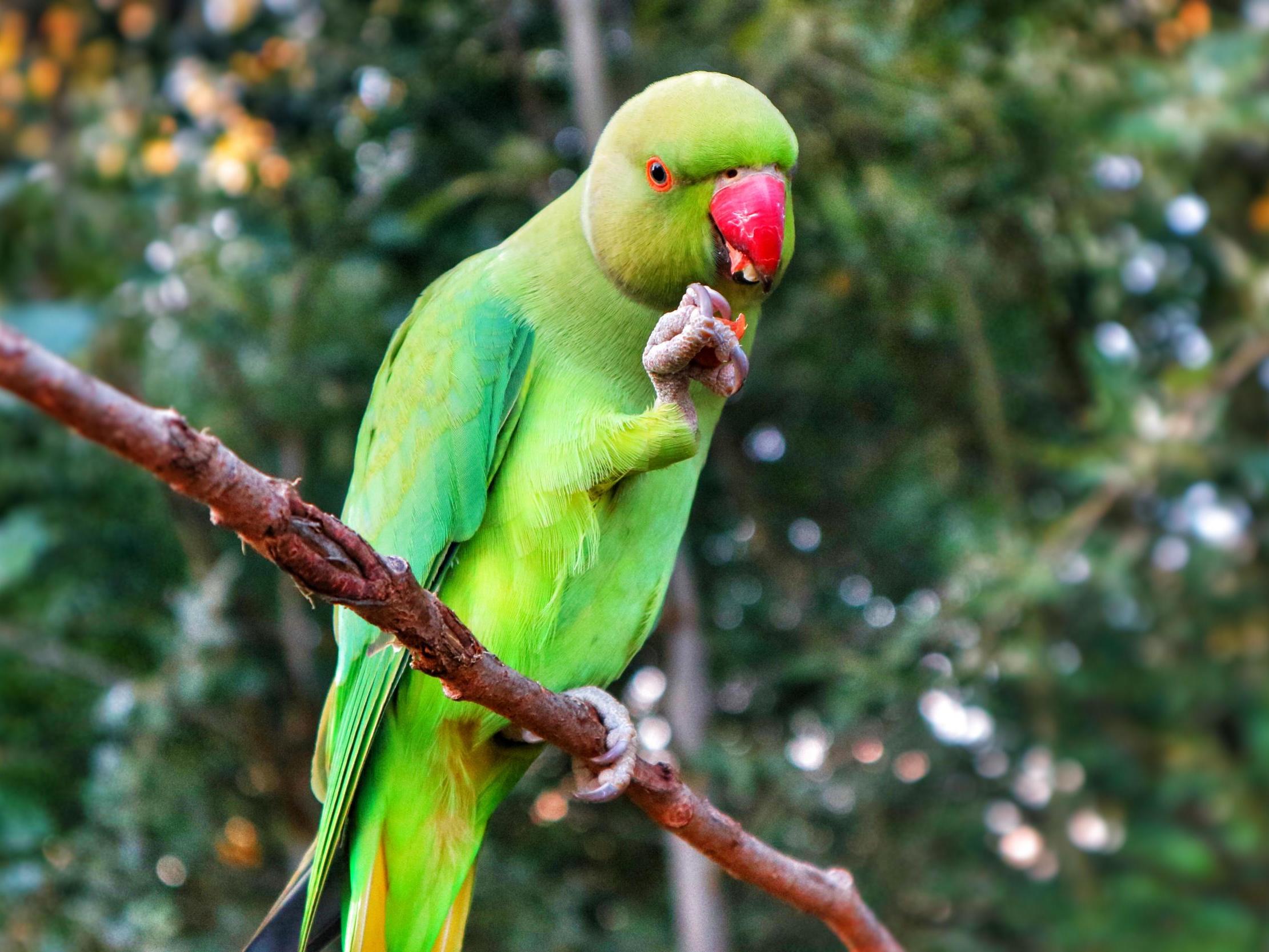What does it mean to talk about ‘invasive’ species?
Analysis: As people trade more, animals and plants are getting picked up en route, writes Phoebe Weston


Footloose species are cruising around the planet and setting up homes in new and distant lands. Parakeets now soar over British cities, grass carp swim in our rivers and grey squirrels have taken over our forests.
Animals have always travelled great distances – and many of our species, such as snowdrops, horse chestnuts and rabbits were “alien species” in the past – but they are spreading faster than ever.
As people trade more, animals and plants are getting picked up en route. These “hitchhikers” travel in the ballast water of ships, escape from people’s gardens, or hide as “stowaways” in fishing equipment.
It is estimated that between 36 and 48 new invasive species will become established in the next 20 years in Britain as a result of human activity, according to a report by the Environmental Audit Committee.
MPs are so worried they’ve told the government it should train 1.3 million volunteers to identify and respond to outbreaks of invasive species.
It all sounds quite drastic but invasive species are one of the top five threats to wildlife in the UK because they can quickly destabilise fragile ecosystems.
You would hardly notice many invaders that come to our shores but a number of them have radically changed delicate ecosystems – for example killer shrimp in Grafham Water in Cambridgeshire and quagga mussels in Wraysbury Reservoir near London.
Non-native grey squirrels are blamed for the decline in British reds by competing for food and infecting the native animals with the squirrel pox virus.
Already, eradicating “alien” species has cost a huge amount.
Infections transmitted from abroad such as foot and mouth and Dutch elm disease have cost the country billions.
A non-native fungus caused an epidemic of ash dieback, which is set to destroy half of the UK’s native ash trees at a cost of £15bn in the next 100 years. The cost of eradicating rhododendron from Snowdonia National Park has been about £45m.
This is why MPs are urging the government to set up a rapid-response emergency fund to enable agencies to tackle a threat before it becomes out of control.
With British wildlife under more threat than ever before, reducing the introduction of invasive species is another way we can help stop the worrying decline of our native species.
Join our commenting forum
Join thought-provoking conversations, follow other Independent readers and see their replies
Comments